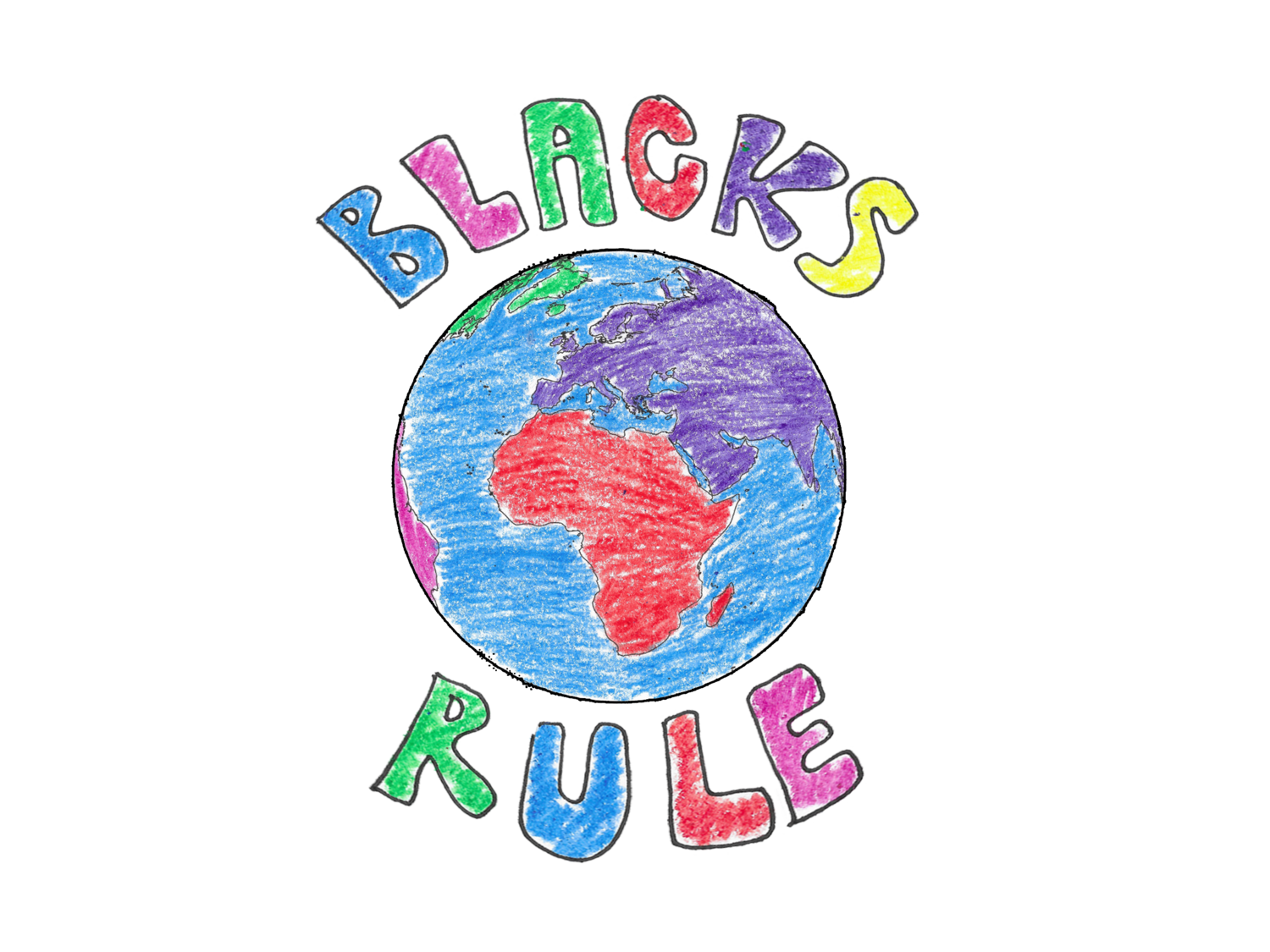Haiti and the Core Group: 20 Years of Meddling and Destabilization
Port-au-Prince, Haiti / January 1, 2003 / Abaca Press / Alamy Stock Photo
After a 12-year slave rebellion, Haiti won its independence from France in 1804. But 21 years later, the French king sent warships to Haiti, demanding reparations to compensate for the loss of French 'property'—including enslaved people—or face another war.
Haiti was forced to take out high-interest loans from French banks to pay its former colonizers an amount equivalent to $20–$30 billion in today’s dollars. It took Haiti 122 years to pay off these loans.
Richard Pierrin/AFP via Getty Images
On January 31st - February 1st 2003, Canada hosted the Ottawa Initiative on Haiti, bringing together officials from the U.S., France, the Organization of American States (OAS), and Canada to discuss ousting Haiti’s elected government and putting the country under United Nations trusteeship.
In April 2003, Haiti’s first democratically elected president, Jean-Bertrand Aristide, gave a speech calling for reparations from France.
200th anniversary of Toussaint Louverture’s death // Port-au-Prince, Haiti // April 7, 2003
A year later, a coup orchestrated by France and the United States led to the ousting of the Haitian government, and Aristide was exiled—marking the second time since 1991 that a U.S.-backed coup removed him from power.
France’s ambassador to Haiti at the time, Thierry Burkard, told The New York Times in 2022 that Aristide’s exile was 'probably a bit about' his call for reparations from France and that his removal 'made our job easier' to dismiss the reparations claims.
Following the 2004 coup, the UN Security Council established the CORE group, composed of ambassadors from Brazil, Canada, France, Germany, the European Union, Spain, and the United States, the Special Representative of the Organization of American States and the Special Representative of the Secretary-General of the United States.
For the past 20 years, the CORE Group has controlled Haiti’s government, acting as an imperialistic force that makes key decisions about the country's future. From appointing presidents to influencing policy, the group has placed leaders in power who lack public support and serve external international interests rather than those of Haitian citizens.
U.S. Marines pointing guns at unarmed protestors / Port-au-Prince, Haiti / May 18, 2004
National Carnival / Jacmel, Haiti / February 11, 2007 / THONY BELIZAIRE/AFP via Getty Images
Anti-Government Protests / Port-au-Prince, Haiti / October 17, 2022 / Global News






